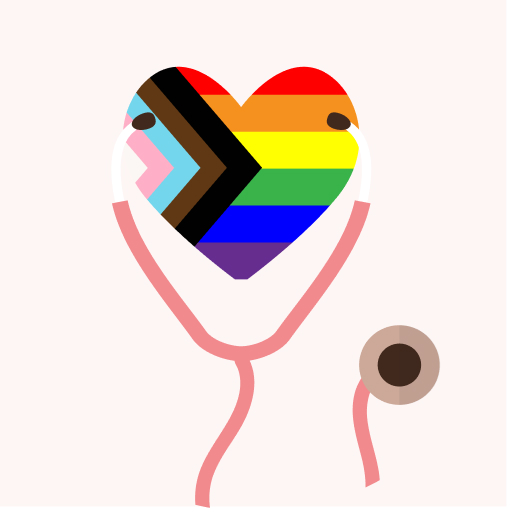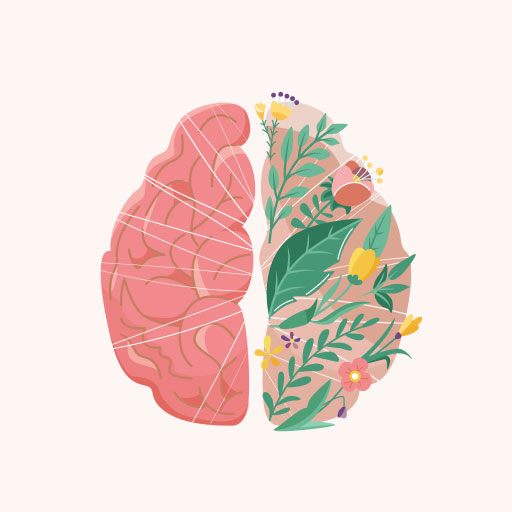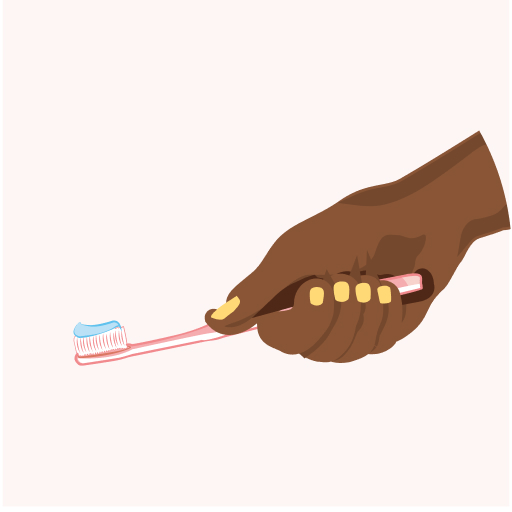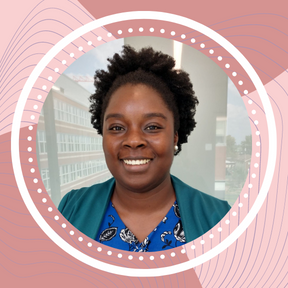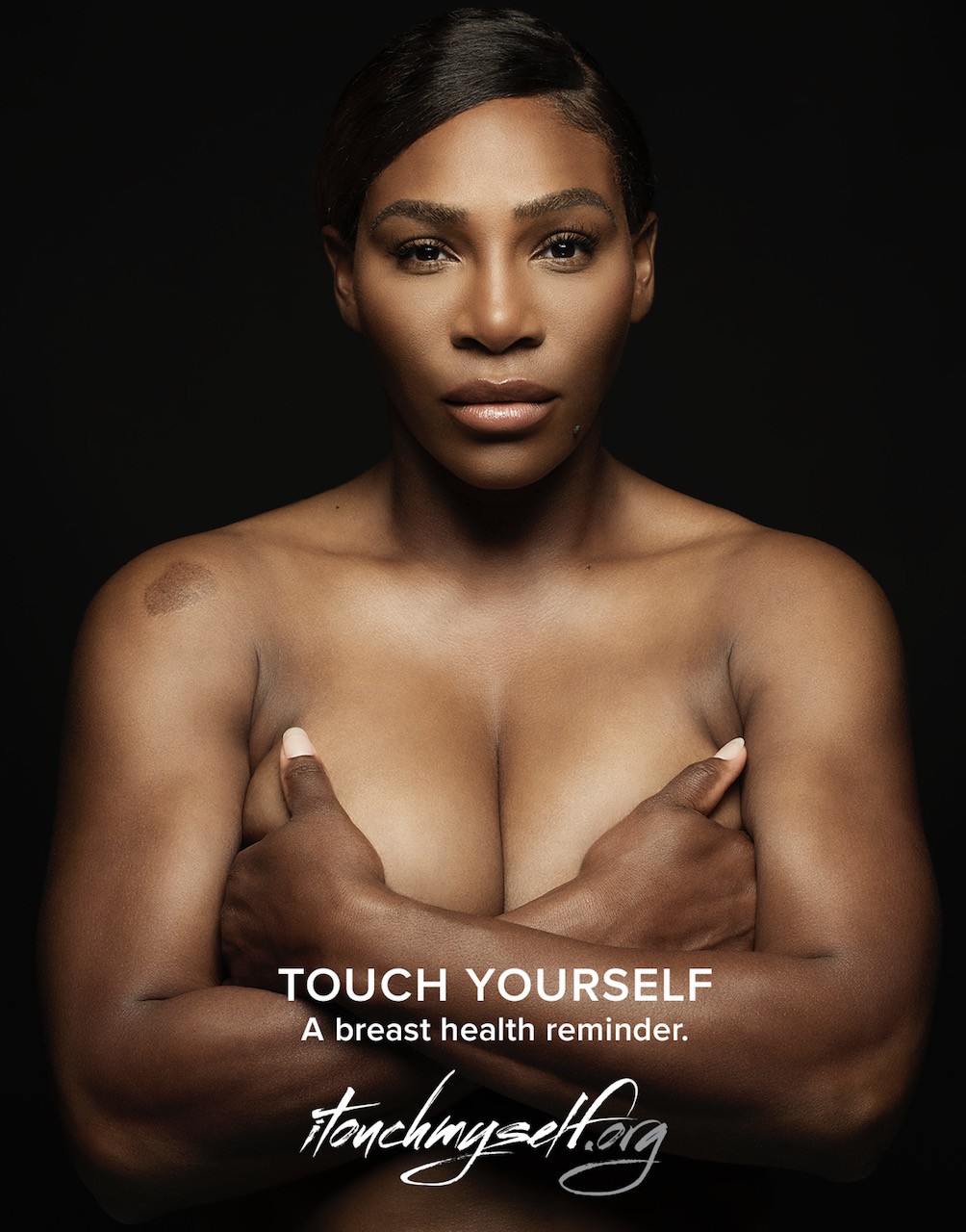
Our Voices: My healthcare Experience Propelled me to Advocate for Communities of Color
I still remember the undergraduate course that set me on a career path dedicated to health equity, “Race, Medicine, and Public Health: The African American Experience.” The course was taught by a brilliant medical historian who outlined the historic background of current health disparities from slavery to the present. She also gave equal weight to the talent, ingenuity, and agency of Black health activists. One of my greatest takeaways from that course was the beauty demonstrated through the agency of pioneers like Virginia Alexander, a Black woman physician and Quaker who battled racism (even from Quakers) and became a physician-activist to provide care to the Black community.
Being introduced to health equity as I entered adulthood changed the way I processed my healthcare experiences, but knowledge didn’t exempt me from subpar treatment based on my race and gender. I have countless stories of having my pain and concerns dismissed and diminished by white healthcare providers until they became emergencies. I struggled with an extremely painful, infected nerve in my tooth for months in college, but couldn’t afford a root canal even with insurance. After finally saving enough money to have the tooth extracted, the dentist who treated me pulled the tooth out despite the numbing medication not fully kicking in. I groaned and yelled as my tooth was yanked from my mouth and he told me, “It’s fine, that’s just the gas escaping.”
As a science and public health student, I understood the importance of annual physicals, and searched for months for an affordable physician within my network who was accepting new patients. I finally found solace and respectful care from a Black woman physician. Her first question after I explained that I was attending school away from home was, “Who do you have here to support you?” I felt so hopeful and seen during that appointment. I was fortunate in that instance to benefit from the evidence that patients treated by providers of their same race have improved health outcomes. Sadly, this occurred during my senior year, and I soon had to search for a new physician upon moving to Lexington, KY.
Armed with the knowledge that compassionate and thoughtful non-pediatric physicians do in fact exist, I embarked on my search with great hope. I found an in-network physician, scheduled an appointment, and came prepared to answer the usual question asked during annual physicals, “Do you have any specific concerns today?” I felt my nervousness fade into relief as I listed the issues I’d been dealing with. My doctor listened and took notes and I was comforted by her attentiveness. Appreciation turned into disappointment and anxiety when I received a bill for a sick visit. I called the physician who told me, “Once we started talking about your health issues, it became a sick visit,” never mind the fact that she never indicated this during the visit. Despite this setback I scheduled an MRI based on her recommendation for an issue I brought up. My disappointment and anxiety turned to anger when my neurologist viewed the results and stated “I don’t know why she ordered these scans, they’re useless.” My anger turned to rage when I received a $900 bill for the “useless” MRI.
I wish my stories of racist healthcare experiences ended there, but the collective global pain and loss that began in 2020 were preceded by a profound personal loss for me – the loss of an unborn child. Those who have experienced this unique pain know that it’s complex and filled with a variety of emotions and questions. I was across the country visiting family at the time, and grappled with unfamiliar healthcare systems and providers as best I could with the support of my loved ones. In the moment I felt numb to the few painful choices I had for my care, but reflecting on the experience shed light on clear instances of racism. Why would a physician advise me to fly 3,000 miles after telling me that my unborn child had no heartbeat? Why did I have to visit the ER three times in five days to finally receive adequate care? As 2020 dragged on, why did I constantly receive mail and harassing phone calls about unpaid bills – every piece of paper and every moment spent verifying my patient ID reminding me of a tragic experience I wished to forget? My trust in God carried me through this tragic experience, and renewed my commitment to eliminating the barriers to health and wellbeing caused by systemic oppression.
As I write this piece, I know there are more Black women and other women of color experiencing the distinct pain of loss compounded by multiple forms of racism. Perhaps some of these women call Lexington home and we must ask ourselves – what are we doing to make Lexington a worthy home for all women and families? Despite the answer, I continuously ask myself how my personal and professional efforts reflect principles of equity, justice, fairness, and compassion. Through and by the grace of God I am here to share my story, but many others are not. My hope is that my negative experiences propel me to create better experiences for others, and that I continue to gain inspiration from the countless advocates engaged in the long struggle for equity and liberty from a healthcare system that refuses to see us.
More Content
Breast Health
Know Your Girls: Two Things to Keep In Mind to Protect Your Breasts
A few years ago, I found a...


